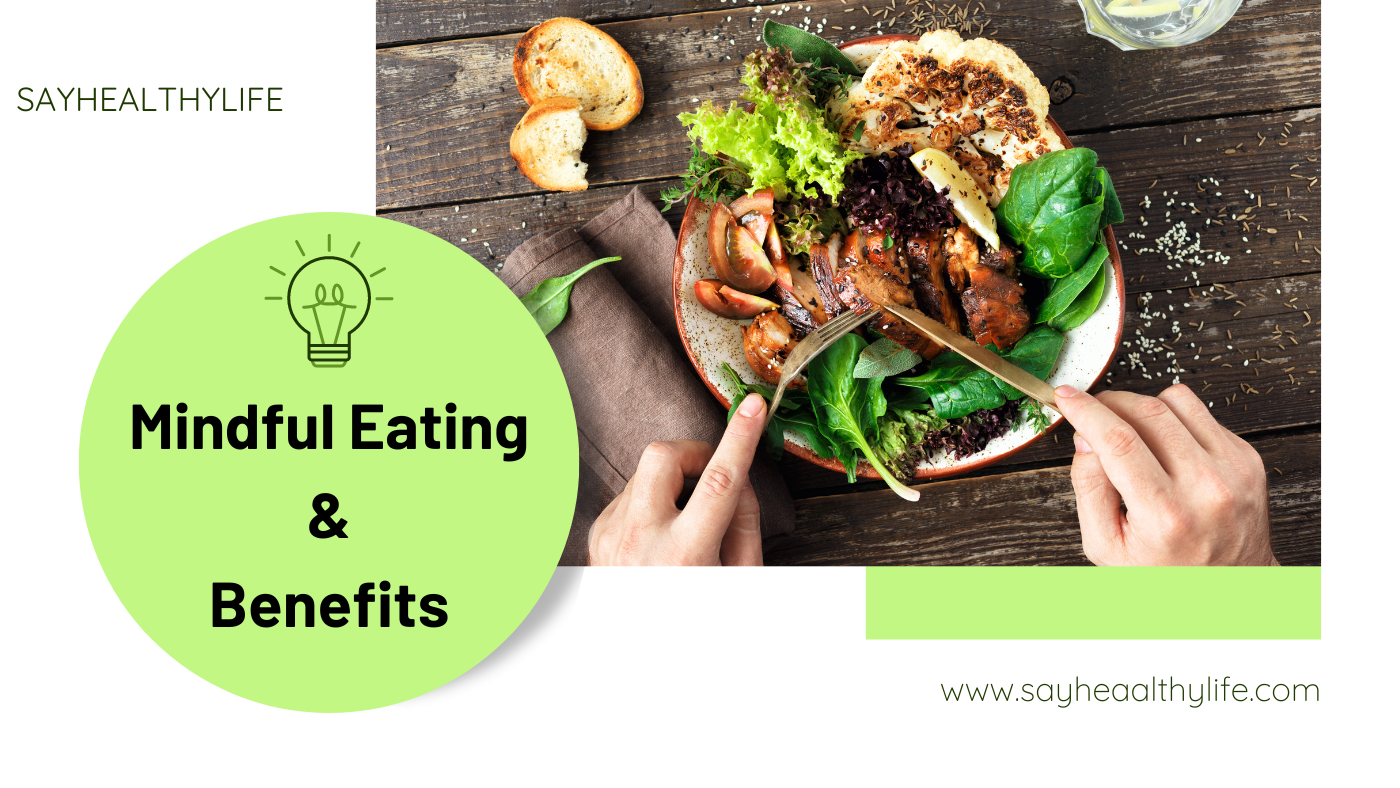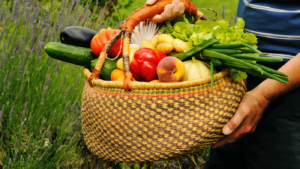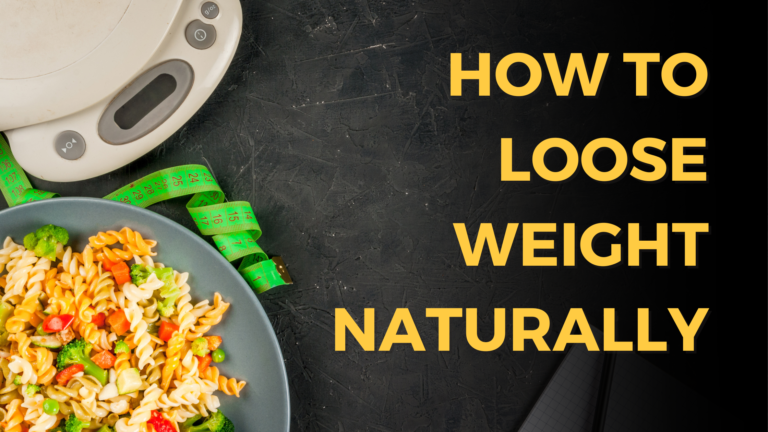How to Eat Mindfully and Transform Your Relationship with Food

What is mindful eating?
Food is more than just fuel for our bodies. It is also a source of pleasure, culture, and connection. However, in today’s fast-paced and image-obsessed world, many people have lost touch with the joy and wisdom of eating mindfully. They struggle with overeating, dieting, and body dissatisfaction, often missing the true value and meaning of food.
Mindful eating is an ancient practice that can help us restore our natural balance and harmony with food. It is not a diet or a set of rules, but a way of being present and aware of what, how, and why we eat. Mindful eating can help us:
- Enjoy food more fully and savor every bite
- Listen to our body’s signals of hunger and fullness
- Recognize and cope with emotional eating triggers
- Choose foods that nourish our health and well-being
- Appreciate the sources and effects of food on ourselves and the environment
If you are ready to embark on a journey of mindful eating, here are some practical tips to get you started. 10 Tips for Mindful Eating:

Eat slowly and control your food portion:
When we eat too fast, we tend to overeat and lose track of our food intake. On the other hand, when we eat slowly, we can chew well, digest better, and feel more satisfied. Eating slowly also helps us regulate our portion size and avoid overloading our plates.

Use small plates:
The size of our plate can influence how much we eat. A bigger plate can make us think that we need more food to fill it up, while a smaller plate can make us feel satisfied with less. Using a small plate can help us reduce our calorie intake by up to 10 percent.

Avoid hidden sugar:
Sugar is added to many foods and drinks that we consume every day, sometimes without us realizing it. Excess sugar can lead to weight gain, diabetes, and other health problems. To avoid hidden sugar, we need to read food labels carefully and limit our intake of processed foods, sweets, soft drinks, fruit juices, cereals, and flavored yogurts.

Limit sodium intake:
Sodium is another ingredient that is often added to packaged foods and restaurant meals. Too much sodium can cause high blood pressure, heart disease, stroke, and kidney damage. To limit sodium intake, we need to choose fresh or unprocessed foods over canned or frozen ones, cook our own meals instead of ordering takeout or delivery, and use herbs and spices instead of salt or sauces to flavor our food.

Eat seasonal produce:
Eating seasonal produce has many benefits for our health and the environment. Seasonal produce is fresher, tastier, cheaper, and more nutritious than imported or stored ones. It also supports local farmers and reduces carbon footprint. Eating seasonal produce can help us enjoy a variety of colors, flavors, and nutrients throughout the year.

Cook gently:
How we cook our food can affect its nutritional value and taste. Cooking at high temperatures or for too long can destroy some vitamins and minerals, create harmful compounds, and alter the natural flavor of food. Cooking gently at low or medium heat can help preserve the nutrients and taste of food better.

Serve food on a plate:
When we snack on chips, popcorn, or cookies from a bag or a box, we tend to eat mindlessly and lose track of how much we eat. Serving food on a plate can help us see how much we are eating and stop when we are full. It can also make us appreciate the appearance and aroma of food more.
Avoid fad diets:
Fad diets are diets that promise quick weight loss results by restricting certain foods or nutrients. They may work temporarily but they are not sustainable or healthy in the long run. Fad diets can cause nutrient deficiencies, metabolic problems, mood swings, cravings, binge eating, and weight regain. Instead of following fad diets, we should focus on changing our eating habits gradually and permanently for better health outcomes.

Read food labels:
Reading food labels can help us make informed choices about what we eat. Food labels provide information about the ingredients, calories, nutrients, serving size, and expiration date of food products. By reading food labels, we can compare different products and choose the ones that suit our needs and preferences best.

Practice gratitude:
Gratitude is a powerful practice that can enhance our well-being in many ways. When we practice gratitude for food, we acknowledge the sources and effects of food on ourselves and others. We appreciate the farmers who grow the food, the workers who transport it, the cooks who prepare it, and the people who share it with us. We also recognize how food nourishes our body, mind, and spirit.
Conclusion
Mindful eating is not only a way of eating but also a way of living. It can help us improve our physical and mental health, as well as our relationship with food, ourselves, and the world. By following these tips, we can start our journey of mindful eating and discover the joy and wisdom that it brings.


